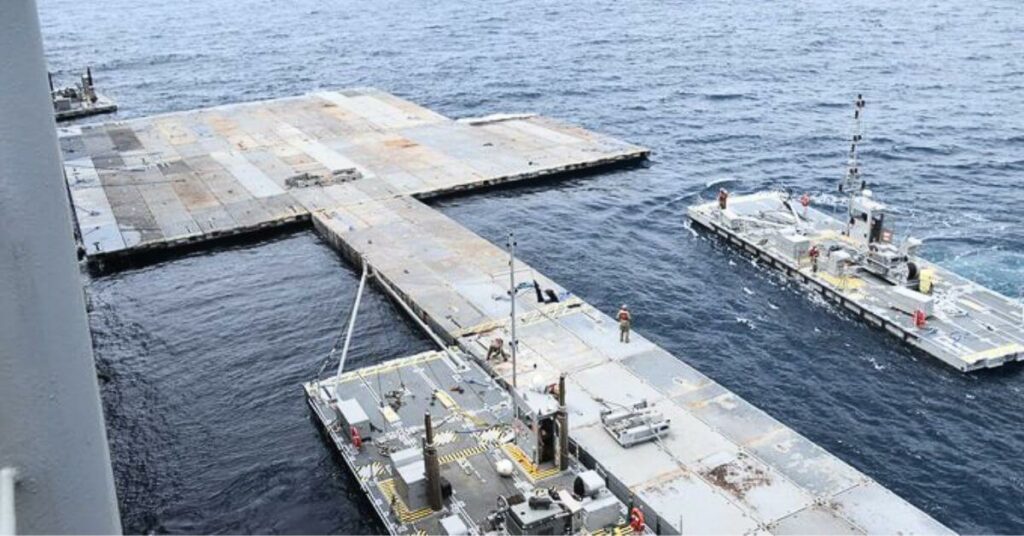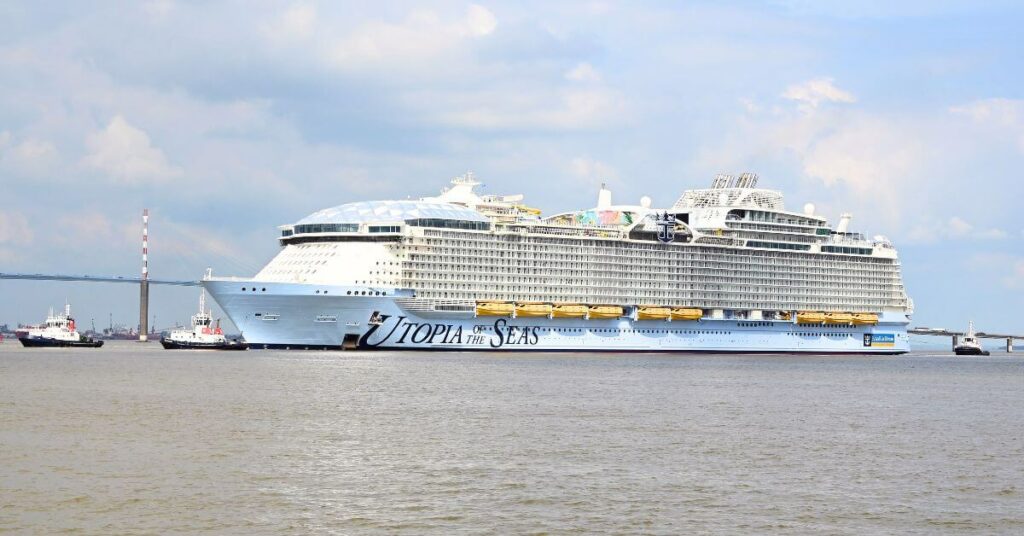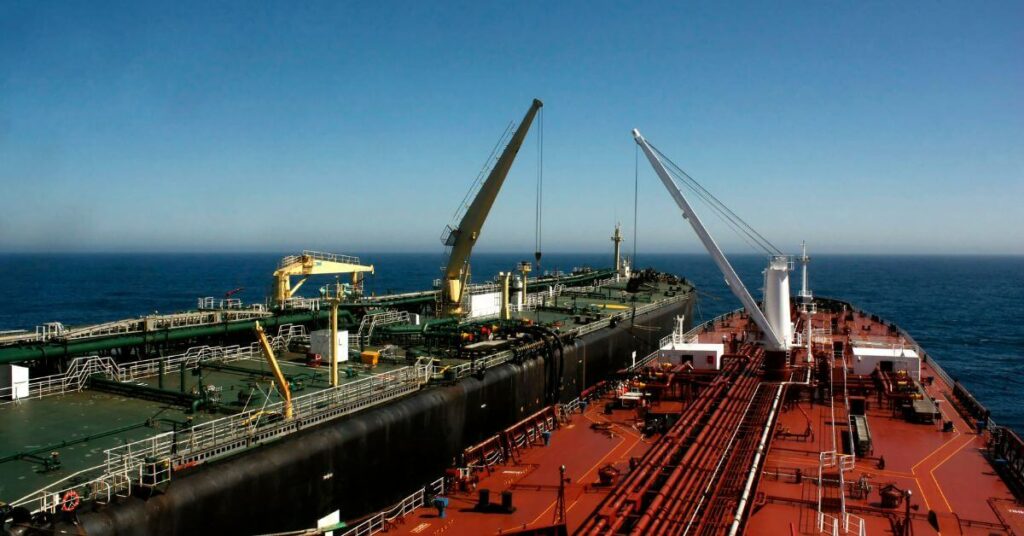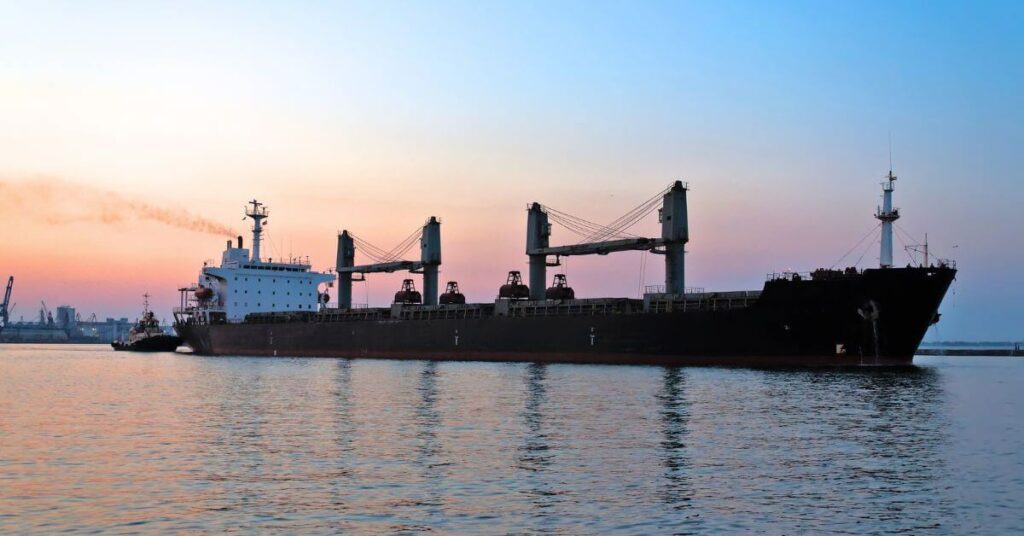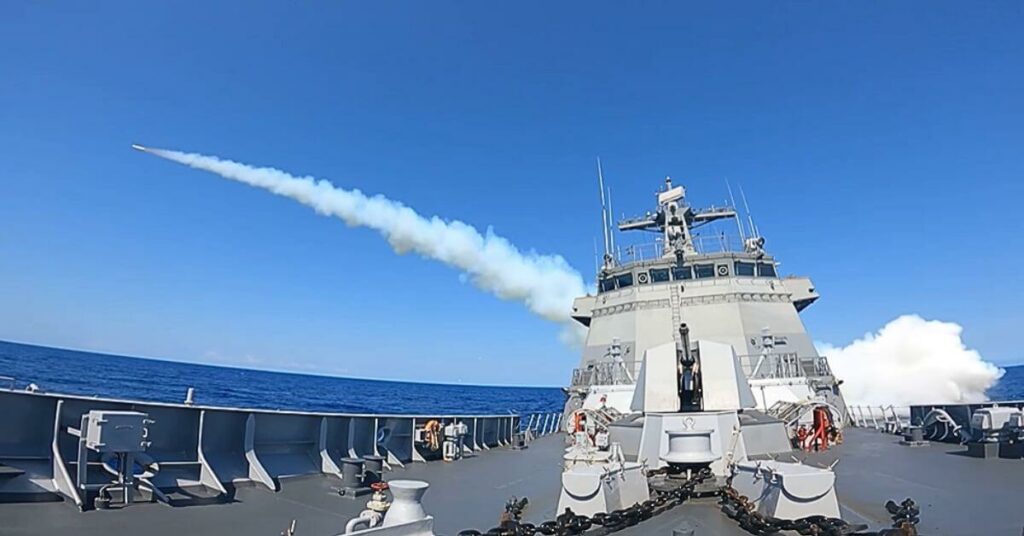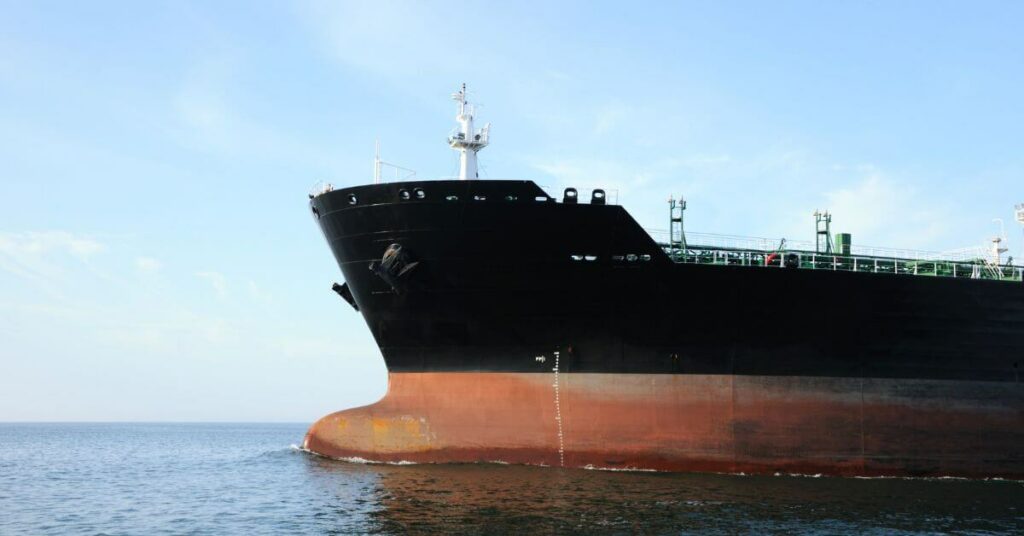African Ports Report Surge In Refueling Demand Amid Red Sea Security Risks
There is a noticeable increase in the number of ships choosing to refuel at African ports rather than the Red Sea because of increased security risks. African ports, especially Walvis Bay in Namibia and Port Louis in Mauritius, are becoming increasingly popular as refuelling stops from Namibia to Mauritius. A.P. Moller of Maersk A/S highlights that bunkering at the beginning or end of a voyage is preferable and lists these locations as “top options” for vessels needing refuelling while en route.
Walvis Bay’s advantageous location reduces diversion for shipping lines, making it an accessible vessel stop. Tankers, bulkers, and other cargo vessels are now rerouting around the Cape of Good Hope after first being affected by container queues. These diversions occur because of security concerns in the Red Sea, even though the extra 5,000 miles of voyages are justified. Fuel is actively supplied to ships diverted from the Suez Canal by Trafigura’s TFG Marine, which operates at South African ports such as Walvis Bay and Algoa Bay. The corporation does not comment on volume estimates, conceding that East, West, and South Africa demand has surged.

The increasing threat of attacks in the Red Sea, especially from Yemen’s Houthi militia, is the reason behind the rerouting of ships across Africa. The Middle East is tense as a result of their attacks on cargo ships and American retaliation. The demand for bunker fuel is increasing in ports from Mauritius to South Africa and the Canary Islands due to the rerouting, which is changing refuelling patterns. The busiest bunkering ports, Rotterdam and Singapore, are expected to see a rise in ship refuelling as a precaution against unforeseen route alterations. The crucial channel that carries 15% of global maritime commerce is the target of the Houthis’ strikes, which affect the link between Europe and Asia. Infrastructure is strained in bunkering ports due to congestion caused by large vessels choosing the longer route around Africa.
The need for bunker fuel has increased in ports in South Africa, the Canary Islands, Gibraltar, and Port Louis. Sales have increased significantly in Cape Town and Durban, where low-sulfur bunker fuel costs have risen by 15% to around $800 per metric ton since mid-November. There has been a noticeable shift in the demand for bunkers as cargo ships and oil tankers are heading to ports in the West Mediterranean. Industry sources indicate that demand in Las Palmas and Western Mediterranean ports may increase due to the expectation of capacity being exceeded at African ports.
Although there has yet to be a spike in demand, Singapore and Rotterdam are expected to witness a rise in purchases in the upcoming weeks as ships look for affordable fuel rates. Spot premiums for low-sulfur bunker fuel in Singapore have increased, indicating how the world’s maritime business is evolving.
Reference: Reuters, Bloomberg
Disclaimer :
The information contained in this website is for general information purposes only. While we endeavour to keep the information up to date and correct, we make no representations or warranties of any kind, express or implied, about the completeness, accuracy, reliability, suitability or availability with respect to the website or the information, products, services, or related graphics contained on the website for any purpose. Any reliance you place on such information is therefore strictly at your own risk.
In no event will we be liable for any loss or damage including without limitation, indirect or consequential loss or damage, or any loss or damage whatsoever arising from loss of data or profits arising out of, or in connection with, the use of this website.
Disclaimer :
The information contained in this website is for general information purposes only. While we endeavour to keep the information up to date and correct, we make no representations or warranties of any kind, express or implied, about the completeness, accuracy, reliability, suitability or availability with respect to the website or the information, products, services, or related graphics contained on the website for any purpose. Any reliance you place on such information is therefore strictly at your own risk.
In no event will we be liable for any loss or damage including without limitation, indirect or consequential loss or damage, or any loss or damage whatsoever arising from loss of data or profits arising out of, or in connection with, the use of this website.
About Author
Marine Insight News Network is a premier source for up-to-date, comprehensive, and insightful coverage of the maritime industry. Dedicated to offering the latest news, trends, and analyses in shipping, marine technology, regulations, and global maritime affairs, Marine Insight News Network prides itself on delivering accurate, engaging, and relevant information.

About Author
Marine Insight News Network is a premier source for up-to-date, comprehensive, and insightful coverage of the maritime industry. Dedicated to offering the latest news, trends, and analyses in shipping, marine technology, regulations, and global maritime affairs, Marine Insight News Network prides itself on delivering accurate, engaging, and relevant information.
Do you have info to share with us ? Suggest a correction
Latest Shipping News Articles You Would Like:
Daily Maritime News, Straight To Your Inbox
Sign Up To Get Daily Newsletters
Join over 60k+ people who read our daily newsletters
By subscribing, you agree to our Privacy Policy and may receive occasional deal communications; you can unsubscribe anytime.

